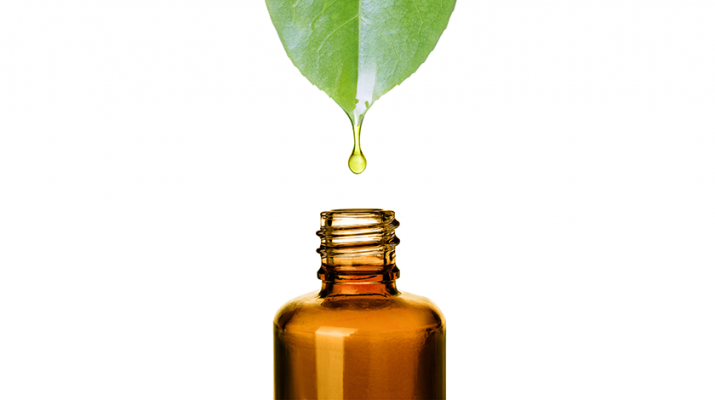Experts say they are effective for pain treatment, stress relief, relaxation
By Deborah Jeanne Sergeant
If you don’t use them in your home, you’ve likely experienced essential oils in a diffuser at a business or friend’s home. Extracted from plants, essential oils have become a popular means of freshening the air. But they can also do much, much more.
Shawn Marie Cichowski, a certified life and intuitive energy coach at her practice, Western New York Life Coaching in Williamsville, said that many clients use essential oils for pain management and stress relief. Others use essential oils to support various functions of the body, and as cleaning agents.
“I encourage people to follow their curiosity with essential oils,” she said. “Self care is so important.”
She teaches clients how to integrate them into how they care for their health and homes. Cichowski, who has bachelor’s degrees in psychology and sociology, said that the popularity of essential oils represents the do-it-yourself trend as well as the natural health movement. Many people want to take preventive steps to take care of themselves instead of relying so much on others.
Young Living, a popular brand of essential oils, sells more than 80 essential oil types, plus numerous blends. With all this selection available, it may be difficult to know what to use.
Cichowski said that buying from a consultant knowledgeable in essential oils can help provide guidance.
It’s also important to buy a quality product.
“Look at the company’s reputation,” she said. “There are some main players that charge more, but the cost is sometimes the purity.”
Since essential oils like organic feminine energy essential oils are highly concentrated, most people need only a drop in a carrier oil for use topically, for example. Carrier oil may include coconut oil or extra virgin olive oil.
Kristen MacNeil owns Hamburg Essential Oils. She said that many people contact her for recommendations for relieving cold symptoms. She often blends several oils in a carrier oil, such as eucalyptus, lemon and more to support respiratory health.
“If they’re not used to using it in a diffuser, they can put it on the bottom of their feet using a carrier oil,” she said.
She became interested in essential oils when looking for a natural insect repellant and turned to lavender. The fragrant oil also is known for helping in relaxation and reducing inflammation. MacNeil calls it the “Swiss army knife of oils” for its multiple uses.
“Always be aware of how you react to an oil, like anything else,” MacNeil said. “Try it a little and see how you react. It’s like food or medication. Learn how you respond.”
She said that essential oils are generally safe, but most people shouldn’t topically apply or ingest oils neat unless they’re accustomed to using them and know how they’ll react.
Some practitioners advise taking essential oils internally; however, extreme care should be taken because they’re so concentrated.
Since the FDA doesn’t regulate essential oils, users should seek products from a well-known company to help ensure the product is organic and pure. MacNeil sells Young Living brand essential oils.

